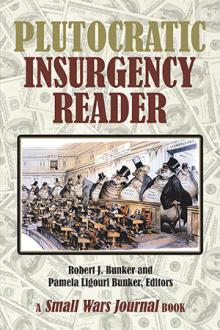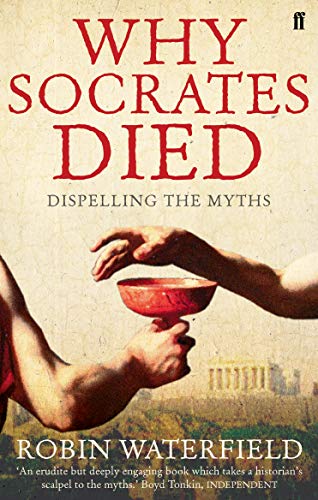One and many, the great balance, and how we live, think & act, 1
Tuesday, December 24th, 2019[ by Charles Cameron — finally approaching a core understanding that has been accumulating across many posts here ]
.
Briefly put: I’ve been thinking about the arising of the many from the one for quite a while, and think that in a lake or mirror with varying images reflected, arising and departing, I have a decent metaphor or analogy for that arising and it’s corresponding departing. Here I want to tie that highly abstract, poetic or philosophical understanding to a variety of more concrete dualities with which we need to come to terms:
the abstract and the concrete the ideal and the practical the individual and society simplicity and complexity top down and bottom up divine breath (ruach, pneuma) and creation
and perhaps most important of all, as I hope to explain below,
global warming and the many lesser issues we need to tackle
Okay, onwards to the specific pairings.
**
First, I’d like to observe that it’s extremely interesting, and perhaps unexpected, that the abstract and the concrete (and for that matter, the ideal and the practical) should turn out to be analogs of the individual and society — the latter pair is central to political philosophy, but it’s provocative to think that an understanding of the other two — or at a more abstract level of the abstract and the concrete — might be able to shed some light on the (ideal) relation between the individual and society..
**
The abstract and the concrete
The abstract and the concrete is a thinker’s issue. How shall the abstract clarities that thought provides us with be brought into a balanced relation with the perceived, brute facts of the world we inhabit?
From a philosophical point of view, as the Stanford Encyclopedia of Philosophy tells us:
Objects are Concrete; Properties are Abstract
or at least that’s one view — philosophers vary: objects are things, qualities are, well, the qualities or attributes of things. And yet the qualities turn out to be, in moral an aesthetic terms, more significant than the things themselves — which the senses take very seriously, and which Samuel Johnson famously used in what came to be called his “argumentum ad lapidem” against the idealist Bishop Berkeley, telling the good Bishop to kick a stone, and see if he still felt the world was ideal and not concrete..
Argument to the stone is now recognized as a class of logical fallacy, btw, dismissing an opponent’s argument without any real proof, just by saying it’s ridiculous.
One of the finest balancing of opposites I’ve found is SI Hayakawa’s ladder of abstractions, which climbs from the concrete — a cow, Bessie — to the abstract — livestock, and eventually wealth. I’ve written more about it in A woman, a ladder, four goats, and a cow named Bessie
**
The ideal and the practical:
The ideal and the practical bits anyone who possesses a conscience: The ideal is clean, pure sometimes morally in the sense in which the religious mind may say virginity is pure, but also in the non moral way in which we we can say higher mathematics is pure.
What needs to be reconciled here can be presented in the form of a DoubleQuote from two of the greatest scientific minds of the last century: Richard Feynman said, in a Cornell lecture, 1964:
It doesn’t matter how beautiful your theory is, it doesn’t matter how smart you are. If it doesn’t agree with experiment, it’s wrong. In that simple statement is the key to science.
to which we may respond, in the words of Paul Dirac — hey, both of them in turn were great contributors to quantum mechanics and electrodynamics —:
I think that there is a moral to this story, namely that it is more important to have beauty in one’s equations that to have them fit experiment.
Jiggling the idea of beauty with that of experimental verification until the two of them come into alignment is quite a challenge.
Dirac himself came close to formulating the one-many duality in a manner antithetical to poetry:
The aim of science is to make difficult things understandable in a simpler way; the aim of poetry is to state simple things in an incomprehensible way. The two are incompatible.
to which we may respond that Einstein formulated Dirac himself thus:
This balancing on the dizzying path between genius and madness is awful.
Oh dear, what can I say?
The dualism of lhe ideal and the practical is often in play when you see that phrase “that’s where the rubber meets the road”. In this case, the road is the practical, and the rubber, for reasons I have yet to fathom, is the ideal. Is that an aircraft landing metaphor?
**
I don’t want to extend this post any further, but I still have several dualities to compare and contrast — and consider. I’ll be with you shortly, insh’Allah and the creek don’t rise..






